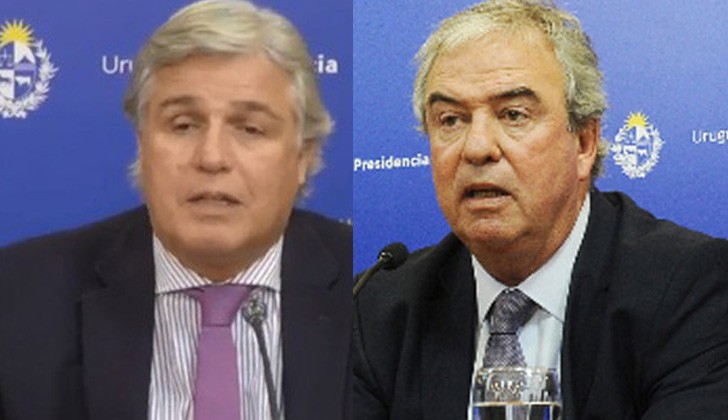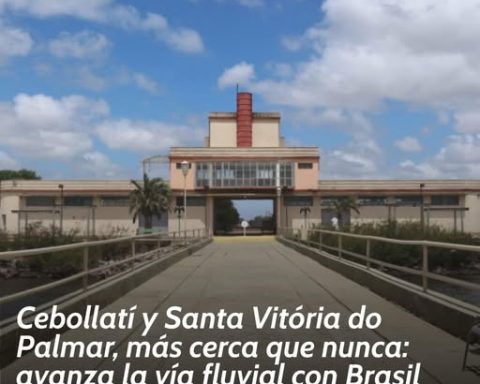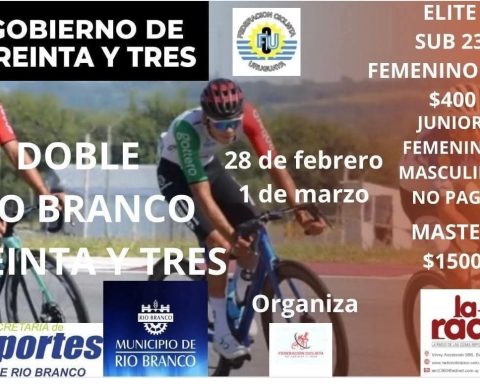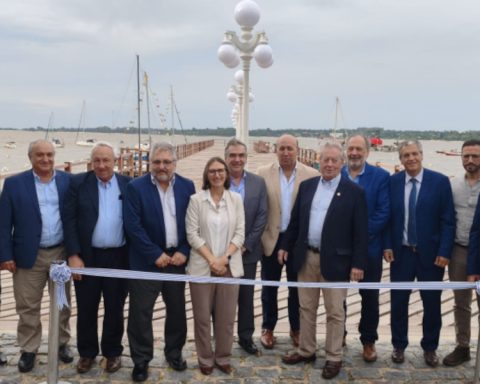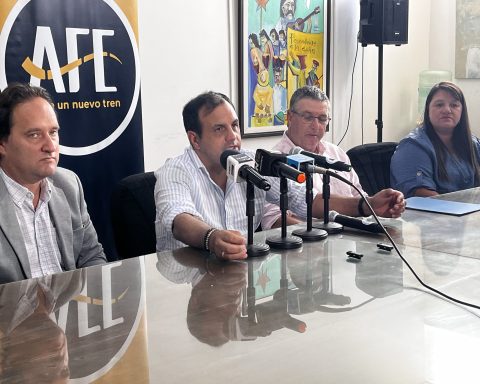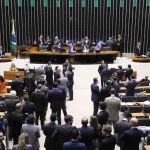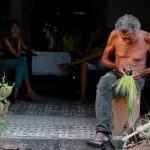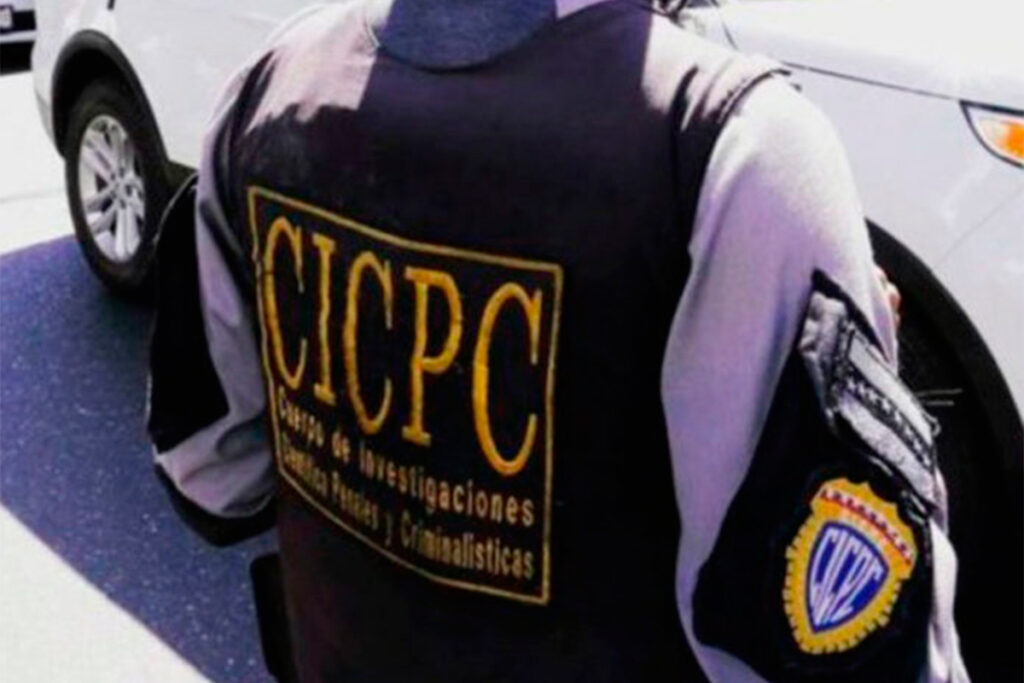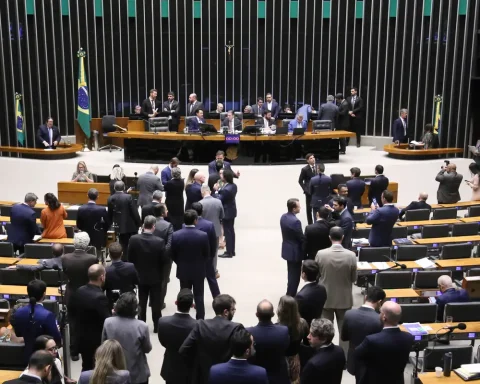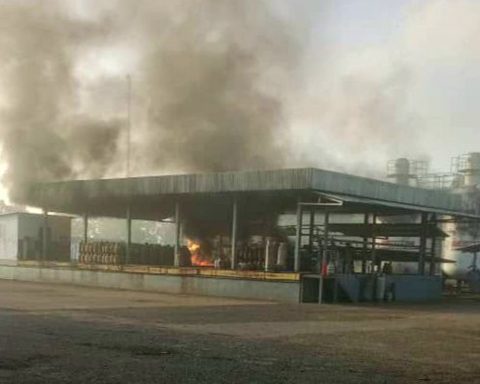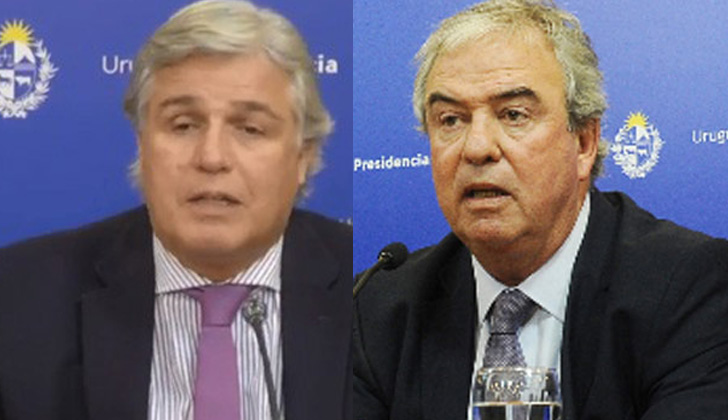
The Prosecutor’s Office has decided to summon the Minister of the Interior, Luis Alberto Heberand the Minister of Foreign Affairs, Francisco Bustilloin relation to the case of the delivery of the passport to the Uruguayan drug trafficker Sebastian Marset. This situation has sparked an intense debate and it is hoped that the statements of those involved shed light on the circumstances surrounding such a questioned act.
The case dates back to August 2022, when both Heber and Bustillo were questioned due to the delivery of the passport that allowed the release of Marset from a jail in Dubai. The drug trafficker had been arrested for trying to enter the United Arab Emirates with a fake passport from Paraguay. Despite this, the Uruguayan State granted him a passport, which caused a great scandal.
During the interpellation, conversations held by the deputy director of the Interior, Guillermo Macieland the two of chancellery, Carolina Ache, in which the “dangerous” profile of Marset was discussed. These conversations took place before the documentation was delivered to the drug trafficker in November 2021. In addition, it was discovered that the diplomatic bag containing Marset’s passport was received by a relative on December 27 of that same year.
The revelation of these conversations led to the resignation of Carolina Ache from her position. The scandal extended to the present, and now the Prosecutor’s Office has decided to summon the ministers Heber and Bustillo as investigated to clarify the details of the case.
The citations for the case of the “narco passport”
It is expected that a total of 12 people declare as investigated as of July 28 in relation to this matter. The statements will provide additional information about the chain of events that led to the delivery of the passport to Marset and shed light on possible liability and negligence. This case has taken the popular name of “case of the drug passport”as it has been called on social networks such as Twitter.
The Prosecutor’s Office has the task of investigating any possible irregularities in this case and determining whether there were violations of the law by the officials involved. On the one hand, there is the question of how a drug trafficker was able to obtain a uruguayan passport despite his criminal record and detention in another country. This raises questions about the verification and security procedures of the passport issuance system in Uruguay.
Furthermore, the fact that high-ranking officials, such as the Minister of the Interior and the Minister of Foreign Affairs, are being cited as being questioned could suggest that there may be political responsibilities at stake.
